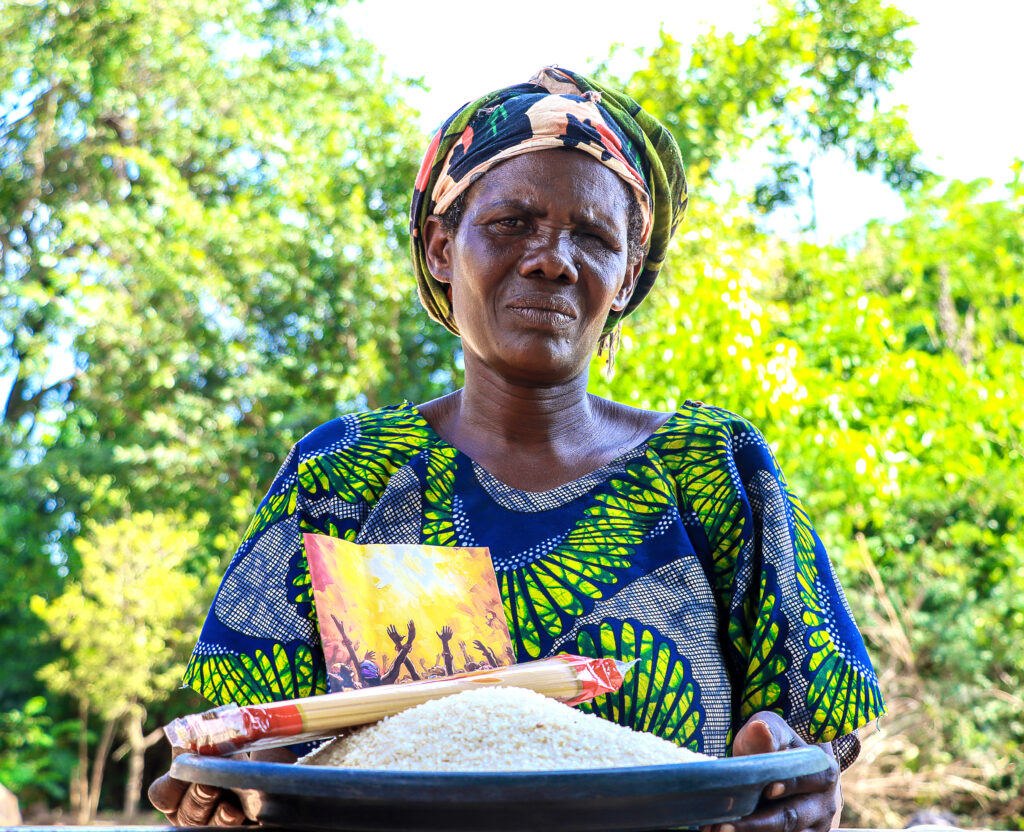
JFM
Uganda, nestled in the heart of East Africa, grapples with significant challenges, notably in education and economic disparity. Illiteracy remains a pressing issue, particularly in rural areas, where access to quality education is limited. This lack of education perpetuates cycles of poverty, hindering individuals from reaching their full potential and contributing meaningfully to society. Despite efforts to improve literacy rates, including government initiatives and NGO interventions, progress has been slow, leaving many Ugandans without essential skills for personal and societal advancement.
Poverty casts a long shadow over Uganda, impacting the lives of millions. High levels of unemployment, inadequate infrastructure, and limited access to basic services further exacerbate the plight of the impoverished. Families struggle to meet their basic needs, and children often face malnutrition and lack of proper healthcare. The effects of poverty ripple throughout society, stifling development and perpetuating inequality. While Uganda boasts natural resources and growth potential, widespread poverty stifles progress and leaves many marginalized communities behind.

The country’s leadership faces scrutiny for its inability to address systemic issues effectively. Weak governance and corruption have resulted in loose enforcement of laws and regulations, allowing impunity to thrive. Political instability and lack of accountability hinder efforts to enact meaningful change and create an environment conducive to sustainable development. Without effective leadership and a commitment to upholding the rule of law, Uganda continues to grapple with challenges hindering progress and perpetuating poverty and inequality cycles.
Addressing Uganda’s complex issues requires a multifaceted approach, including investment in education, economic development, and governance reform. Empowering communities through education and skills training can break the cycle of illiteracy and poverty, fostering self-reliance and economic resilience. Promoting transparency, accountability, and the rule of law is essential to building trust in government institutions and fostering an environment conducive to sustainable development. With concerted efforts from both domestic stakeholders and the international community, Uganda can overcome its challenges and unlock its full potential to benefit all its citizens.




